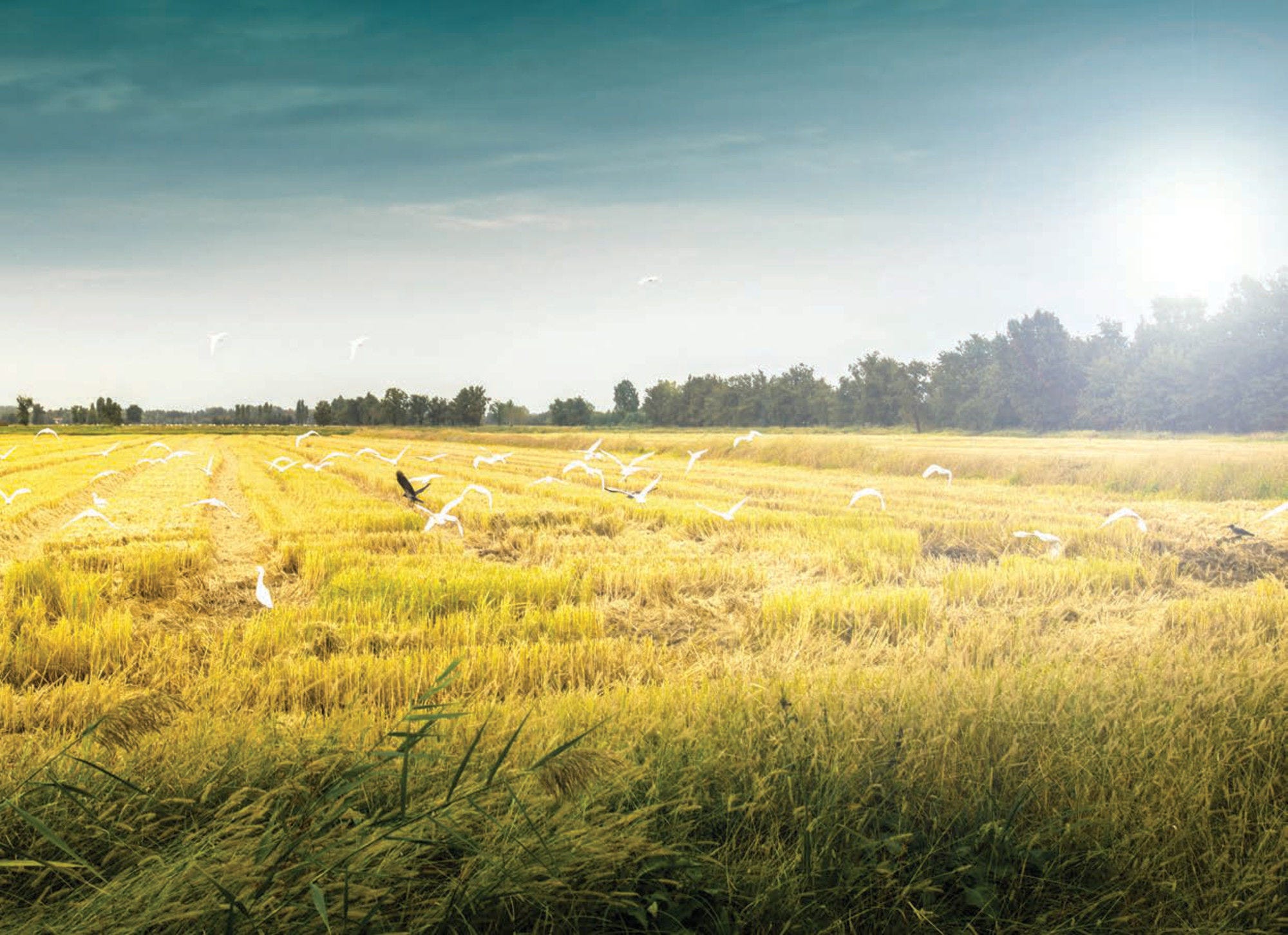A new direct payment programme has come under discussion, which combines the existing direct payments for rice, upland crops and less favoured areas into one scheme. In 2019, the grounds for a new programme are being laid, which includes persuading stakeholders and setting an action plan. The government aims to decouple payments further from production of a specific commodity (for example, rice), and reinforce the environmental cross-compliance of farmers. In addition, to alleviate the current dependence of rice farmers on direct payments, incentives for crop diversification such as support to drainage, seeds and agricultural machines have been provided since 2018.
To encourage on-farm risk management, agricultural insurance has increased its commodity coverage to 73 products in 2018 and 78 in 2019. The government made efforts to expand the subscription of farmers, by developing more market-based services reflecting structural changes in agriculture.
To promote the Smart Agriculture Project, the government has selected four sites in 2018-19 as “Innovation valleys” - smart farm complexes. The complexes are expected to create synergies through partnership or collaboration in the food supply chain, from R&D institutions and producers to food service and retail firms. The project could also attract the younger population to rural areas. The horticulture sector is now the main target, however, the livestock sector is set to increase its share in total smart farms (the horticulture sector had over three times as many smart farms as the livestock sector in 2018).
Laws and regulations have been revised to expand the share of renewable energies including solar power sources. Some of the farmland regulations, which hindered the establishment of solar power facilities on farmland, have been alleviated in 2018. For further usage of renewable energy sources in the future, sustainable business models based on co-operation between firms and farmers have been developing.
From January 2019, the regulation on pesticide use has been converted to a positive list system, which targets to prevent overuse or misuse of pesticides, and to manage products over the maximum residue limits of registered pesticides. As a result, only pesticides registered on the list are allowed for use in Korea, whether they are produced domestically or imported, and the use of unregistered pesticides is prohibited. In order to minimise confusion in rural areas and to ensure the soft landing of farmers, consulting services as well as training are provided to farmers. Meanwhile, to monitor compliance with regulations, more people are employed and inspection methods are elaborated.
The criteria for breeding facilities in animal farms have been tightened to prevent animal diseases and manage animal product safety. A comprehensive quarantine policy plan is to be established in 2019, focusing on the prevention of animal diseases and policy measures to block the spread of diseases after outbreak.







